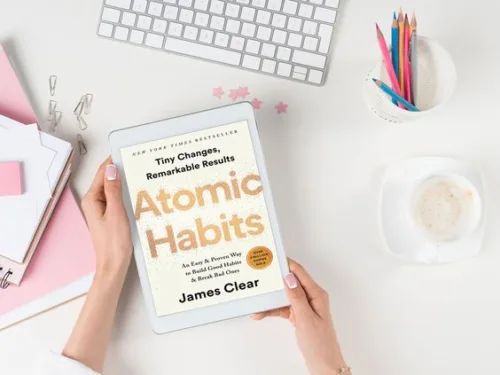“Work life balance” is a buzzword thrown around so often that it can feel like a cliche. But the truth is, that achieving equilibrium between our professional and personal lives is crucial for our well-being.
The past few years have been particularly challenging, with the pandemic forcing us to navigate a whirlwind of work arrangements—from WFH to hybrid to WFO—often leaving us feeling like we’re stuck in the eye of a storm.
Navigating Work Life Balance
Let’s face it, bad days at work are like unwelcome guests that overstay their welcome. Your to-do list turns into a never-ending list of tasks, that cringe-worthy meeting comment replays on the loop in your head, and missing a deadline feels like the ultimate professional failure.
While these hiccups are part and parcel of life, they can be the first dominoes in a chain reaction of stumbling work-life balance.
Warning Signs of Work Taking Over Your Life
Here are some telltale signs that your work-life balance is teetering on the edge:
- Passion Fizzle: Once-loved tasks become a burden, and even exciting projects trigger unhappiness instead of excitement.
- Work Avoidance: Checking emails even makes you break out in a sweat, and going to work feels like an uphill battle. It is common to feel paralyzed by an unmanageable to-do list and an inbox that makes you feel like you are playing whack-a-mole. Missteps in team meetings, missed deadlines, and self-criticism are part of the normal working experience.
- Emotional Rollercoaster: Mood swings, changes in pattern, and a lack of patience towards colleagues become your new normal. Looking for changes in both the body and mind is essential. If unwanted changes persist, taking a break from work becomes imperative.
- Brain Fog: Concentration takes a nosedive, and clear thinking becomes a distant memory.
Taking a break from work isn’t a sign of weakness; it’s a power move for your work-life balance. It’s about your mental and physical health, allowing yourself to recharge and come back stronger, more focused, and ready to tackle any challenge.
Remember, the hustle-and-grind narrative isn’t one-size-fits-all. Here are some tips for achieving a healthy work-life balance:
- Set boundaries: Establish clear lines between work and personal time, and stick to them religiously (no checking emails after hours!).
- Embrace flexible work arrangements: If possible, negotiate flexible work hours or remote work options to create a schedule that better suits your needs.
- Schedule self-care time: Block out time in your calendar for activities that nourish your mind, body, and soul, whether it’s exercise, meditation, spending time in nature, or simply reading a good book.
- Disconnect to reconnect: Put your phone away during meals, weekends, and vacations. Allow yourself to be fully present in the moment and reconnect with yourself and your loved ones.
- Learn to say no: Don’t be afraid to politely decline additional work or commitments when your plate is already full. Make your well-being a priority and avoid overextending yourself.
Conclusion: In conclusion, the journey towards work-life balance is unique for each individual. Looking for signs of mental health challenges early on and understanding the need for a break are pivotal steps in a healthy professional life. Making your well-being a must, embracing breaks, and seeking support when needed contribute to a more sustainable and fulfilling career journey.



